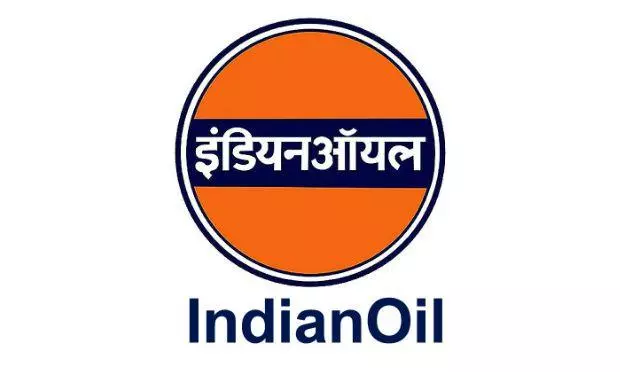Oil & Gas Companies Spend Only 4-8 pc of Capex on Greening Efforts

Chennai: Indian oil and gas companies spent 4 – 8 per cent of their total capex on greening efforts in FY22 and FY23 against 20 -25 per cent spent by global companies. Net zero targets of Indian companies are aggressive and the gradual transitioning over the next five years will be critical.
Indian oil and gas companies spent 4-8 per cent of their total capex on greening efforts such as carbon capture utilisation and storage (CCUS), green hydrogen, battery and storage technologies and implementation of captive renewable energy projects in FY22 and FY23. Globally, such companies spent 20 -25 per cent of the total capex between 2022-2023 towards decarbonisation, and plan to increase it to around 30 per cent of the total capex by 2030. On an average, Indian entities have been spending lower than global counterparts on net zero transitioning, finds India Ratings.
The net zero and sustainability targets given by Indian companies are aggressive as against those of international players, given the lower proportion of capex presently allocated to the transition and it being limited to addressing process emissions. However, global players have been giving out net zero targets between 2050-2060, keeping in view product-based transitioning besides the process transitioning. They have proactively reduced the allocation to new oil exploration plants, thereby expecting to reduce or keep the oil supply stable in the medium term, besides growing the low-carbon offerings like hydrogen and electric transitions in the product mix.
The transition to renewable power as an energy source shall be smooth, given the established economics of these projects. On the other hand, the carbon capture utilisation and storage (CCUS) mechanism remains expensive and presently does not provide an optimum adaptation tool for the sector. Notwithstanding, some players have plans to install these and the central government has announced a grant to give it a further push. Product-based transition including shifting to alternate fuels such as hydrogen, biofuels and bioethanol has been increasingly stressed by global players, but has shown limited traction with Indian companies.

